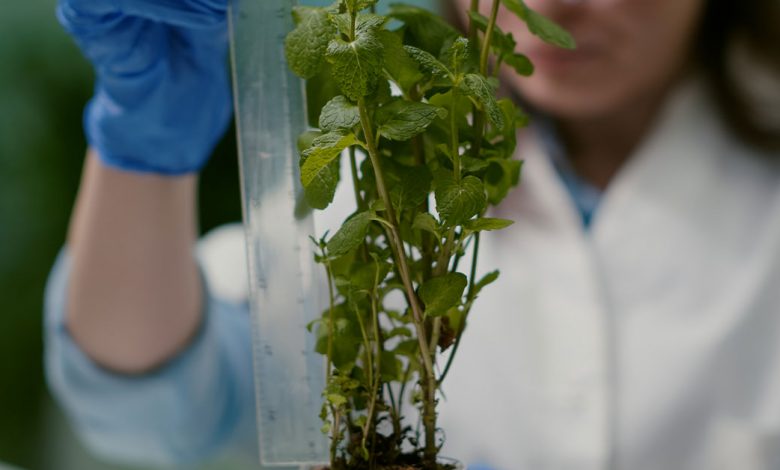Daily Current Affairs for UPSC
Genetically Modified Trees
Syllabus- Environment and Ecology [GS Paper-3]

Context- A low-lying area of the pine belt in southern Georgia has seen the first planting of genetically modified trees in the United States.
Key Highlights
- The poplars have been genetically modified to absorb more carbon dioxide from the air and grow wood faster.
- The biotechnology company Living Carbon, based in San Francisco, is behind the modified trees, which aim to combat climate change.
- However, critics have expressed concern that extensive research on the consequences and long-term effects on native ecosystems is still required before commercial plantings can be permitted.
- In India, commercial cultivation of GM trees is currently prohibited.
Genetically altered trees
- Trees that have had their genes altered through the use of biotechnology are referred to as genetically modified (GM) trees.
- These are done to make them better at the things they want, like growing faster, being resistant to diseases, or being able to take in carbon dioxide from the air.
- Through methods like gene editing and the gene gun method, foreign genes are introduced into the DNA of these trees.
Importance
- By absorbing more carbon dioxide from the atmosphere, GM trees have the potential to lessen the effects of climate change.
- They can also be used for business, like making pulp or timber more efficiently.
Challenges
- There is a lack of complete understanding of the long-term effects of GM trees on ecosystems and the environment.
- There are worries about the expected dangers of cross-fertilization with wild or non-GM trees, which could prompt potentially negative results.
- GM trees may increase the use of harmful pesticides and herbicides and harm biodiversity, according to critics.
- Before GM crops can be approved for commercial use, the government imposes stringent regulations, which frequently eliminate the research incentives for developing new crops.
Government Initiatives
- National Agricultural Innovation Project (NAIP): Promoting research and development of genetically modified (GM) crops. The Indian Council of Agricultural Research (ICAR) runs this program, which provides funding for agricultural research and development, including the creation of GM crops.
- National Food Security Mission (NFSM): It is carried out by the Ministry of Agriculture and Farmers Welfare and aims to achieve the mission’s goals by conducting research on GM crops to increase food grain production and productivity in India.
- Biotechnology Industry Partnership Program (BIPP): It funds public-private partnerships in the fields of biotechnology and GM crops and is carried out by the Department of Biotechnology.
- National Biotechnology Development Strategy (NBDS): The Department of Biotechnology has implemented this long-term strategy to encourage biotechnology research and development in India.
- Rashtriya Krishi Vikas Yojana (RKVY): The goal of this program, which is carried out by the Ministry of Agriculture and Farmers Welfare, is to encourage the growth of agriculture and related industries.
Government rules on GM in India
- The Environment Protection Act of 1986 and the Rules for the Manufacture, Use, Import, Export, and Storage of Hazardous Microorganisms/Genetically Engineered Organisms or Cells, 1989, govern India’s use of GM trees.
- Nevertheless, approval for GM tree field trials in India is granted by the Genetic Engineering Appraisal Committee (GEAC).
- Before approving field trials, the GEAC takes a number of factors into account, such as the potential dangers to the environment and human health.
Genetically modified crops in India
- Bt Cotton: It has been genetically altered to produce toxins that eradicate bollworm, a prevalent pest that harms cotton crops.
- Bt Brinjal: It has been genetically modified to produce a toxin that harms eggplant crops and kills the fruit and shoots borer.
- Herbicide-tolerant crops: These have been genetically modified to be tolerant of particular herbicides that can be sprayed to eliminate weeds without affecting the crop.
- GM Mustard: It is genetically altered to produce a high-yielding hybrid seed that is resistant to diseases and pests.





.png)



